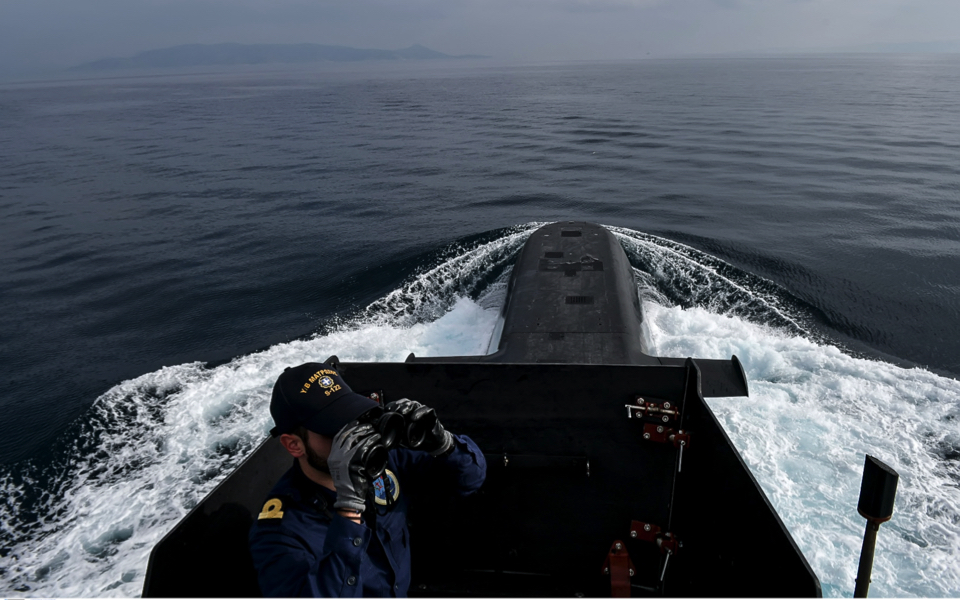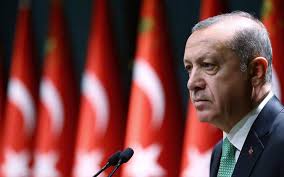Outside-the-box diplomacy

Undeniably, the public sector is the most backward section of the Third Greek Republic. Digitized services are still in a primitive condition and state archives are not electronically backed up, while the current public accounting system functions under draconian logic. All these contribute profoundly to the socio-economic crisis’ protraction.
Greek foreign policy is on the same wavelength. Repeatedly, skillful Greek diplomats are trapped between uninspired policies from above and the iron grip of an inefficient and complex bureaucracy. The main result is policies that fail to adequately serve national aspirations or to establish efficient deterrence mechanisms.
Specifically, regarding the volatile Greek-Turkish relationship, Athens exhibits a profound lack of confidence in order to face Ankara’s provocations by making use of outside-the-box methods. Habitually, Athens refers to a long list of international conventions and protocols that have little value since it takes two to tango in international law and, alas, Turkey is not willing to go along with this specific tune. This predicament has become evident once more in the Eastern Mediterranean over these last weeks, where both Greece and Cyprus seem unwilling to take a firmer stance at a diplomatic level and instead continuously repeat the same old arguments about international law, which do not even reach Turkish ears.
How controversial such references to international law may sound to Turkey, which openly contradicts international agreements and conventions, while also supporting the pseudo-state, a product of illegal occupation, in northern Cyprus is a purely rhetorical question.
What must be done then? Obviously, resorting to violence is not a rational policy, as long as the territorial integrity of Greece and of the Cypriot Republic are not being challenged. Instead, smart digital diplomacy must fill the gap.
Thus, I argue that the exposure of Turkish provocations in social media will reveal the true magnitude of the Turkish problem to the rest of the world. In addition, Athens must prepare a full and analytical monthly list of violations of Greek airspace by Turkish fighter jets and the cost of their identification and interception by Greek fighter jets to the Greek economy. This list must not only be available as a monthly report to the US Congress, or to all NATO and the EU member-states; it must also be published online so that the rest of the world can learn about the relentless hemorrhaging that Turkish revisionism has been causing the Greek economy since 1974.
Perhaps Athens should also expose the cost of all these actions to the Turkish economy as well, in order for Turkish society itself to grasp the cost of Turkish revisionism to collective standards of living during a time when the national economy is struggling hard to get by.
Greek diplomacy must begin to make use of alternative means in order to maximize its external legitimacy and expose Turkish aggressiveness.
In modern strategic management, so-called woke advertising is the latest method being used in order to maximize public support and communicate the main political message.
Turkey may be completely oblivious to the legal implications of its aggressive behavior in Cyprus’ exclusive economic zone or in the Aegean Sea, but it will not like having its dirty deeds repeatedly exposed to every household in the world.
The geostrategic situation in the Eastern Mediterranean dictates outside-the-box diplomatic actions.
Spyridon N. Litsas, is an associate professor of international relations at the University of Macedonia and visiting professor at the University of Grenoble’s Institute of Political Studies.





